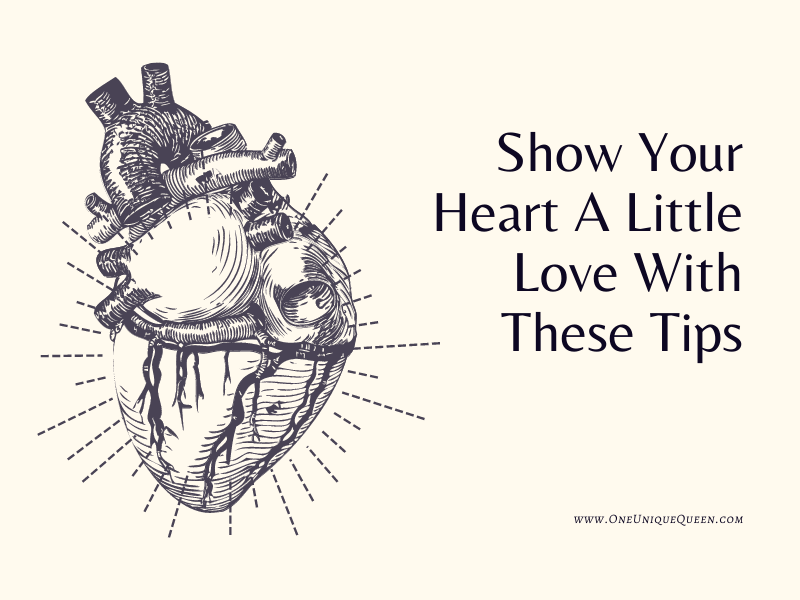


Chronic disease involving the heart is amongst the most common of all long-term illnesses, as well as one of the leading causes of death. Heart disease is known as the “silent killer” because so many of us are unaware of the fact that it might be affecting us right now. If you’re worried about your heart health after a recent trip to the doctor or you simply want to take better care of yourself as you get a little older and wiser, here are a few lifestyle changes to start implementing.

Cut the smokes
One of the easiest tips to give is that if you’re smoking, you should stop doing it as much as possible. Keeping tobacco out of your life is one of the most effective ways to protect blood vessel and heart health. Smoking consistently ranks as one of the top indicators of heart disease, not to mention the role it plays in contributing to mouth, throat, and lung cancer. There is a wide range of methods to help you quit smoking. Patches and gum are widely used, but e-cigarettes can serve as a replacement that helps wean you off tobacco, and you can reduce the nicotine content over time until you can stop relying on replacements entirely. Stopping smoking results in major changes for your health in general.
Eat a balanced diet
Nutritional imbalances are a major contributing factor to your risk of heart disease, heart attack, and stroke. First of all, to make sure you’re eating a balanced diet, then ensure that the vast majority of your diet is made up of fresh foods, including fruits, vegetables, and healthy, lean proteins. Pay attention to cholesterol levels in foods and get to know the difference between HDL (or “good” cholesterol) and LDL (or “bad” cholesterol). Try to cut salt out of your diet as much as possible, since high sodium levels and high blood pressure levels are very closely linked. You should never eat more than a teaspoon’s worth of salt a day.
Addressing weight issues
If we want to really address the issues at the heart of your heart health, then we have to broach the subject of weight control. Calorie counting should never be your only priority when it comes to managing a healthier diet, but there’s no denying that it plays a role. You can use diet tracking apps to see not only how many calories you’re eating per day, but also the nutrition makeup of everything that you’re eating. Excess belly fat has been linked directly to both blood pressure levels and lipid levels in the blood. A big belly is one of the biggest indicators of heart disease, so managing your portions and losing the pounds can be vital.

Supplement your heart health
Getting all of the nutritional value that your heart needs can be pretty tough. There are a lot of people who might find it tough to meet their daily requirements if they’re relying on diet alone, especially if they’re also trying to cut the calories at the same time. For that reason, it might be worth looking at additional help such as beet root supplements that can deliver the vitamins and minerals crucial for heart health without having to add to your diet. Just make sure that you talk to your doctor before adding any supplements to your diet, especially if you take medication for other health issues.
Get plenty of exercise
Exercise is a fantastic way to help burn off the calories if you’re trying to manage your weight and reduce your belly. Even if you’re not, getting active is one of the single most effective ways of reducing your risk of developing heart disease. All you need is roughly three hours of aerobic activity at a moderate intensity every week. It’s wise to add some flexibility and strength-building exercises to help you get better at exercise, as well. Even if you’re out of shape, there are easy low impact exercises that can help you get back into the swing of things. Furthermore, it’s important to make sure that you’re not spending too much of the day sat in one place. A sedentary lifestyle is commonly understood to be one of the leading causes of heart disease and it’s a threat that affects most of us due to modern working conditions.
Take the fight to stress
Our mental and physical health are so closely linked that many doctors are hesitant to suggest that there’s much of a separation to be made. For instance, stress has been shown to contribute to poor heart health, such as heart disease, almost as readily as a poor diet. There is further research to be done on the precise nature of this connection, but people who are stressed are more likely to have higher blood pressure and higher cholesterol levels. Furthermore, stress can contribute to unhealthy behaviors such as smoking, overeating, and low levels of physical activity. For that reason, addressing stress with the help of things like meditation apps might be a good place to start.

Talk to your doctor
Of course, you can’t really know what improvements you might be making to your heart health if you don’t know what condition your heart is in, currently. If it’s been years since your last physical, a heart health check with your doctor can assess your risk factors for heart disease such as blood pressure, diet, cholesterol, and your family history. If you’re at a higher risk, they can also help you learn how to measure your own cholesterol and blood pressure so that you can better track your own progress. It’s always worth talking to a doctor about your heart health so you can get more specific advice on how to control your risk.
As simple as some of the tips above might sound, it’s important that we turn them into habits as soon as possible to give our heart the care it needs to carry us into a long, healthy life.
What are some things you do to show your heart a little love? Let me know in the comments below!



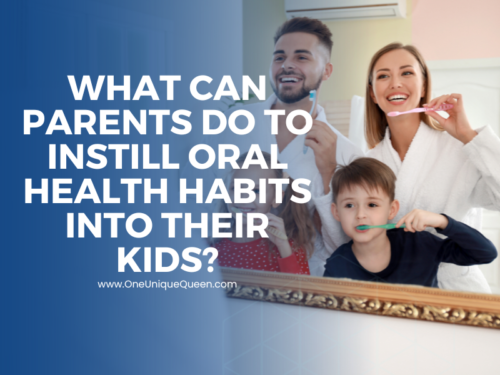

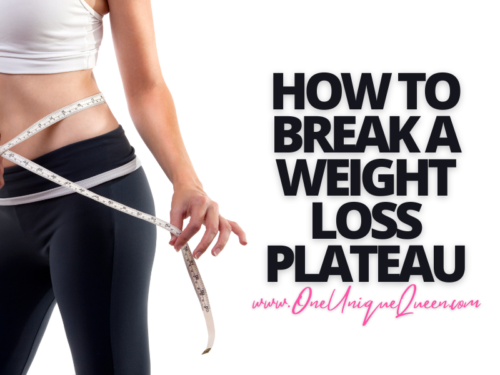
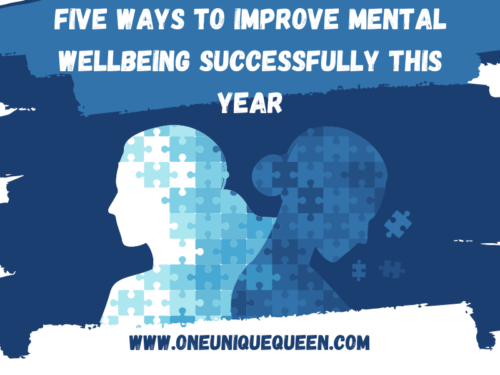

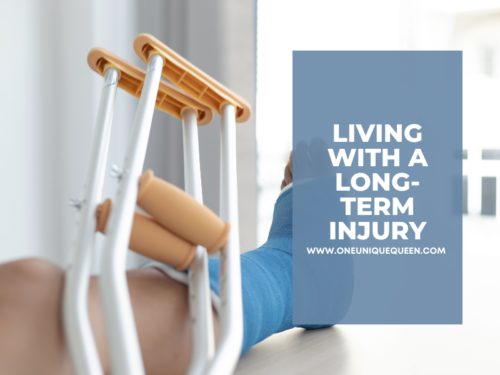


COMMENTS MAKE ME HAPPY!